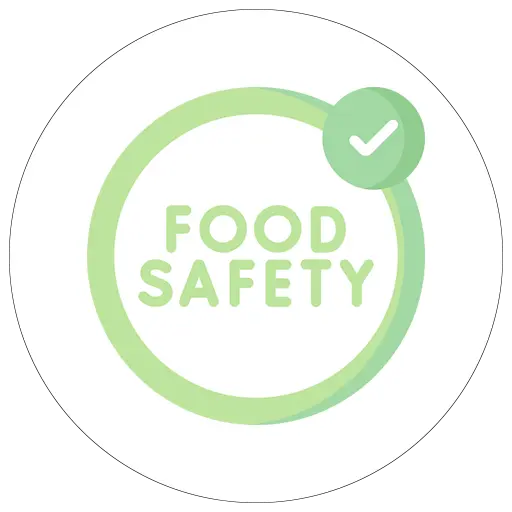HACCP Certification stands for Hazard Analysis and Critical Control Points. It’s a systematic approach to food safety that identifies, evaluates, and controls hazards related to food production. The goal is to prevent, eliminate, or reduce risks to a safe level throughout the entire food production process. HACCP involves seven principles that guide the development and implementation of a food safety plan.

HAZARD ANALYSIS CRITICAL CONTROL POINT
HACCP is used primarily in the food industry to ensure the safety of the food supply chain. It helps food manufacturers, processors, and handlers identify potential hazards that could affect the safety of their products and implement measures to control those hazards. By following the principles of
HACCP, businesses can prevent foodborne illnesses, maintain product quality, and comply with food safety regulations. It’s also applied in other industries, like pharmaceuticals and cosmetics, to ensure product safety.









